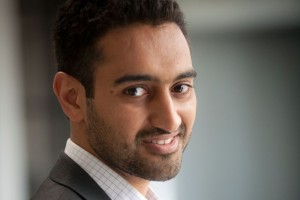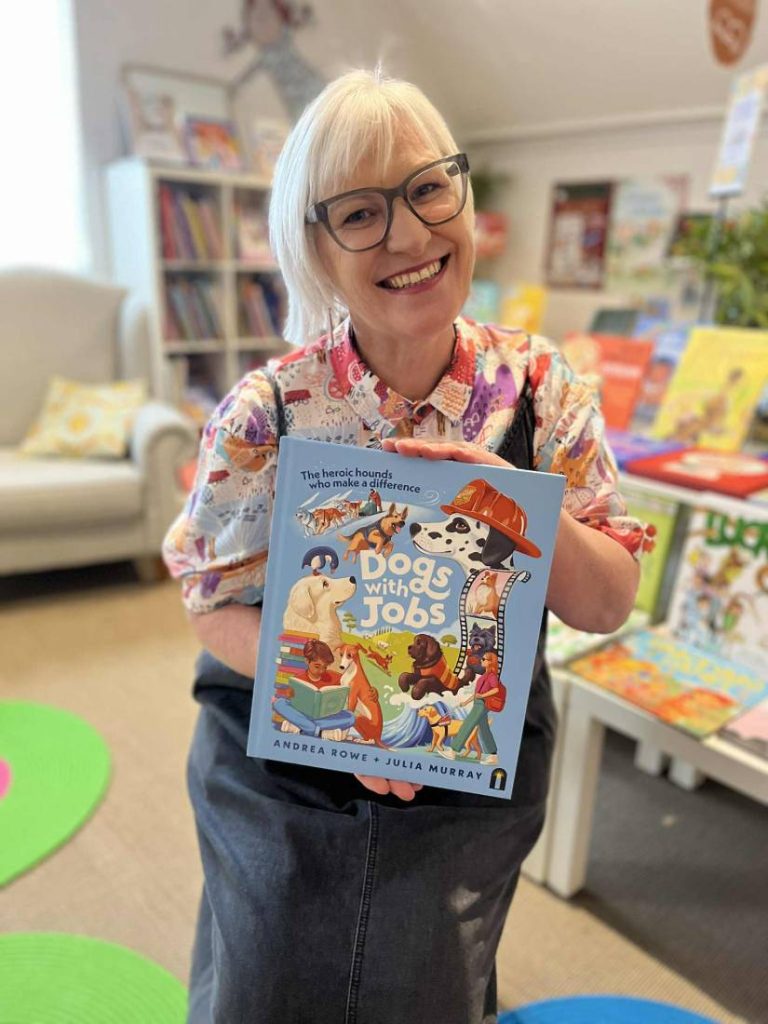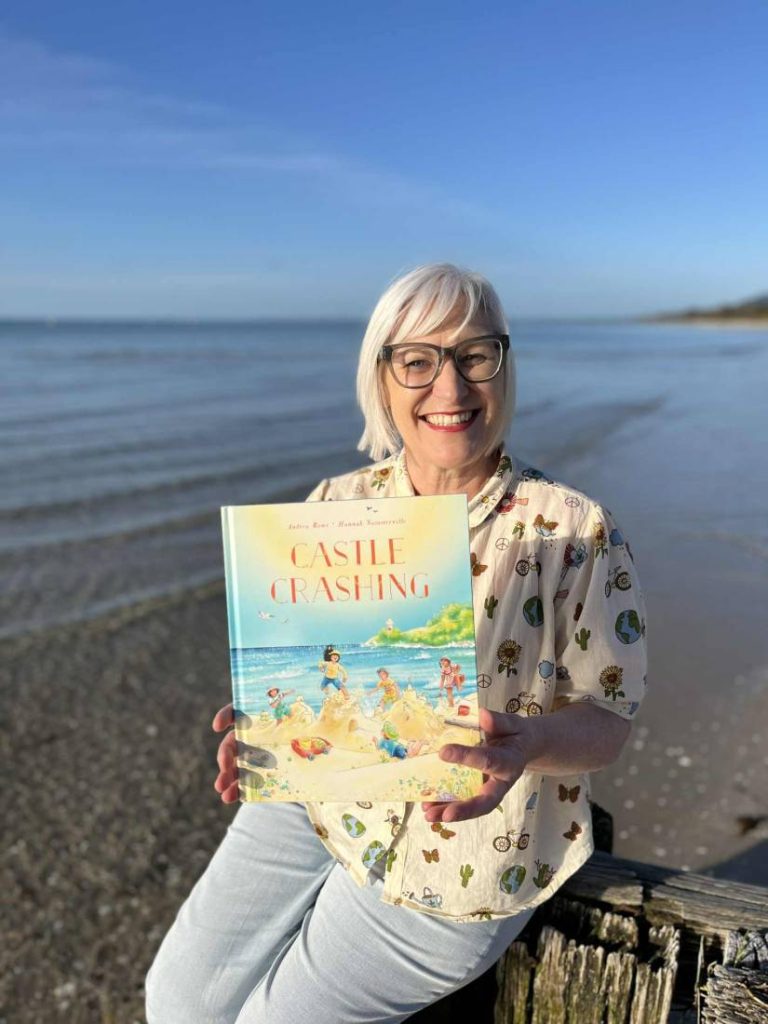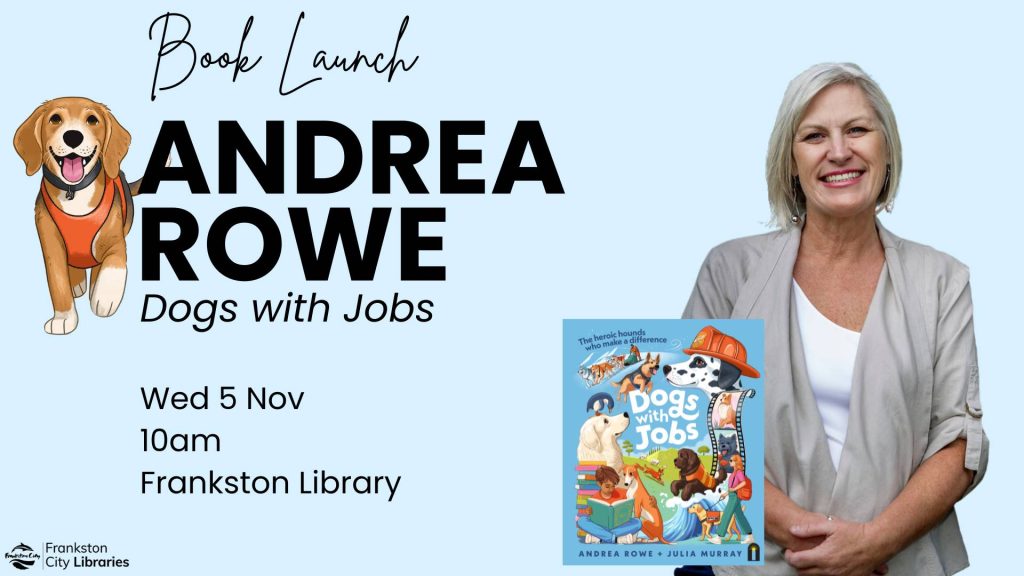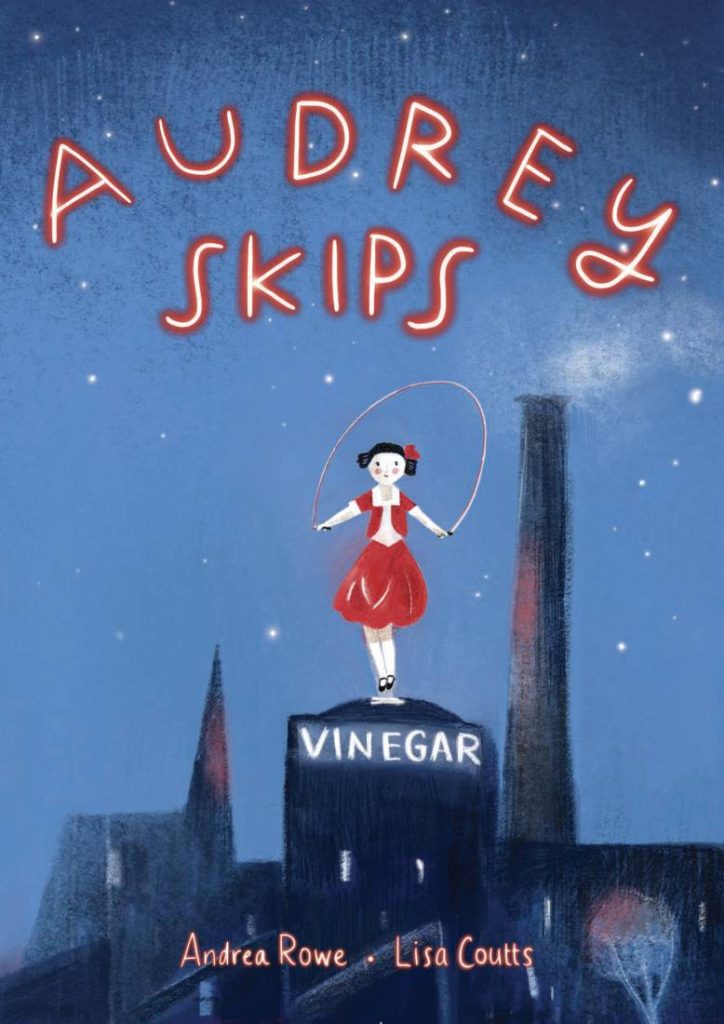How do you find the language to inspire, lead and communicate change?
Most of my days are spent at my desk grappling with that question as I wrangle words for not-for-profits and social causes. I write for organisations who make a difference, creating content that cuts through pain, opens shutters, gives hope and rallies the troops. So this years Communities in Control 2016 Conference was a welcome water cooler experience for me.
Oddly enough I often ask myself, who am I to make a difference?
That’s just the point of a conference like this – we are all someone worthy of making a difference. When 800 or so delegates gather to share thought leadership and innovative approaches, it’s a difference that swells with conviction, disruption, dedication and compassion.
Who are we to make a difference?
We are a community of power and passion, as evidenced by the annual Our Community conference (and enthusiastically supported by Catholic Care) as a chance to warm our hearts and hands at the coal-face of community.
Social justice advocates, front-line services and community campaigners contemplated Australia’s future as a more fulfilled, connected society.
Visionaries, entertainers, academics, executives – sinners and saints, sceptics and transformed – we’re all a part of the narration of where we have come from, and how we are evolving as a nation.
The conference was as much about challenging the stories we tell ourselves in society, as the solutions we can seek out to make Australia a happier, healthier country.
These not-for-profit copywriters’ fingers were itching as I engaged in the conversations around what makes a decent society and how we can find the language to inspire change.
Beanie’s off to the Our Community organisers of this stellar conference. Every single speaker and guest contributor challenged and inspired us all.
Here’s some stand-out observations from Australia’s thinkers, leaders and doers:
On connection with land and country
Shellie Morris, musician and 2014 NT Australian of the Year.
After opening the conference sharing her story, Shellie shared her beautiful music. Shellie has featured in Black Arm Band and composed the musical Prison Songs. After visiting the community of Borrooloola a while back, I loved Shellie’s story about taking her Grandmothers and Aunties on the road with her and the joy they found in singing.
You can listen with joy to Saltwater people here and the lovely Waterfalls here.
On youth and social justice
Dennis Moriaty, Founder of Our Community
“Wise heads and enthusiasm can exist within young people and not so young – our youth are passionate social justice advocates”.
On economy before society
Dr Dennis Glover author, visionary, policy advisor.
“We need to invest in communities that have been forgotten – take away their stigmas and invest in their potential. We owe them that.”
“Growth first, distribution second. We used to create wealth by including paces like Doveton, now we create wealth by excluding them.”
“I am an economist that dislikes data. Sometimes data gets in the way of understanding the real issues – only stories tell us what’s really happening.”
On what makes a decent society
Waleed Aly, broadcaster, author. Social commentator. Lecturer and Gold Logie winner delivering the Joan Kirner Social Justice Oration.
(As soon as I get my mitts on it I’ll be uploading the entire Oration. I put my Pittman’s shorthand to the test capturing Waleed’s humane wisdom. Really, Australia has never needed a more articulate and considered spokesperson like Waleed more than now.)
“A decent society is built on a society of freedom, and built on a pillar of equality.”
“We don’t talk about humiliation but we live with the consequences all of the time. This phenomenon of humiliation – where a community of people are feeling disempowered and emasculated and then feels the need to pay it forward. This is a deep idea so under-explored in our society … Removal of humiliation can become the cornerstone of a decent society.”
When you work in social justice, the community sector, or social causes you have a clear and compelling story of meaning you can tell yourself.”
“The goal is to see if we can’t find a way to develop narratives of meaning within people lives – who they are, and where they sit in other people’s lives.”
“The stuff that goes viral is often not dignifying – forgiveness never goes viral. A pervasive absence of civility is inherent in our society.”
We need to start asking ourselves not am I harming someone, but am I dignifying someone?”
On messaging campaigns through video content and social sharing
Jo Lim, Chief Operations and Policy Officer of .au Domain administration
“We are good at finding and filtering things that entertain and excite us. On-line video is potentially the most cost effective way of communicating with clients and your team and staff.”
“Having a video on your home pages helps you with higher Google ranking”
“The key to a video going viral are ones which evoke an emotional response and take you on a journey.”
Georgie Harman, CEO beyondblue Georgie Harman.
“Suicide is shrouded in shame, wrapped in stigma, ignorance and fear. How we talk about it is just as important as actually talking about it“
We need to normalise language. Video’s are a conversation starter and show stopper and a great tool to share with corporates and as a speaker as well.”
Krystal Barter, Founder, Pink Hope.
“Video success is about authenticity and being clear about your target audience.”
Natalie Isaacs, Founder, 1 Million Women.
“Using video as a way or communicating doesn’t always work – it’s a constant learning process. You can’t have a brilliant content video if you don’t have a strategy for reach.”
On leading change
Holly Ransom, Intergenerational economic and social challenges leader.
“Many young people believe a social contract with them has been broken. They were told that if they do the learning, they’ll start earning. That’s not what happened.”
“1% of this generation trust ads, 33% trust blogs to inform decision making – social proofing and word-of-mouth is on steroids. This generation are 57% ahead of how they feel about you and evaluating you before before they even want to come and talk to you. They have done their research.”
Let’s re-frame our change processes. The single most important thing is to make sure people see their why in your why.”
“It’s so easy to get paralysed in the how. Let’s remind ourselves of what people in our orbits are able to do. Let’s build a habit of getting comfortable with people being uncomfortable. Let’s loosen our grip on traditional systems.”
On running headlong into the future
Dr Jordan Nguyen, Futurist and biomedical engineer, and recent host of ABC’s “Becoming Superhuman,”
“The fact that we are all electrical systems is pretty cool.”
“Robotics helps us reflect on what it is to be human”
The future of humanity lies in the ability to innovate.”
“Through working with robotics and artificial intelligence young people are being given the chance to create, develop, and teach each other, and solve problems.”
“We need to be open to finding the opportunities in change and share these to help empower those around you.
On the purpose of place
Professor Ian Harper, Economic visionary, Director Access Economics.
“People come to be a part of communities and it enriches parts of their lives. Technology helps is to live together. Governance helps us reconcile the age old tensions between the things we want to do as a groups and how we can find harmony.”
People sharpen people as iron sharpens iron – we spark off each other when it comes to ideas.”
“When you are interacting with business – appeal to their corporate social respsonibilty and how collaborative engagement will build our collective prosperity.”
On Australia ‘after the evolution’ and as a free-standing Republic
Peter FitzSimons, author columnist and Chair of the Australian Republic Movement.
“In the 21st century it’s ridiculous to think that we can do no better than have a head of state in a place in London – there are no magic powers in the palace.”
“It’s a point of pride that our leaders remain of the people. And we punish them if they get uppity.”
“If more than half of Aussies want it changed, it IS broke. So let’s fix it. We need to collectively move on this.”
On words that have meaning
Abraham Nouk, spoken-word poet, Founder and Director, Creative Rebellion Youth.
“Do not gamble with your time. Your dreams and ambitions aren’t just about you anymore. Those with parachutes hesitate to fly.”
At the landing of a pen stroke someone sealed my family’s fate – thank you Australia – it takes courage to be kind.”
You can watch one of Abe’s powerful poems here .
On Aboriginal women talking for themselves
Celeste Liddle, writer and social commentator, National Aboriginal and Torres Strait Indigenous Organiser for the NTEU
“Aboriginal women have twice the number of qualifications as Aboriginal men do. But for every gain that an aboriginal woman makes in the political sphere, she is pushed back with gusto.”
(on speaking on recent resignation from Federal politics of Nova Peris) “This is how we treat Australia’s first Aboriginal women in the Australian Senate. Is it any wonder that so many aboriginal women refuse to engage in office – where is the incentive for them to step forward?
When you liberate the marginalised everyone in society benefits.”
“Aboriginal women are being spoken for rather than given the space to speak for themselves.”
“Those who have the most experience and stand to benefit the most should be treated as the experts they are.”
On the language we use to tell and share stories, and on her writing journey to publish Reckoning
Magda Szubanski, actor, comedian. author, all-round good-sort.
“We all speak different languages. Business, community and government need to find a common language.”
Community is all the ‘C’ words – courage, caring, compassion, creativity, connection.”
“The language of the community sector is very different from business and government – the telling of stories is the common ground.”
“When we use jargon it is a way of building a fence around you and keeping others out. Avoid jargon.”
“We need to discover more of what we have in common, then what what separates us.”
“A sense of community can be a lifeline. WE do need to be in control. We need to have a sense of our own agency and that we can change tongs – and we need to bring whatever it is we feel we can give.”
On having courage
David Morrison, 2016 Australian of the Year, former Australia’s Chief of the Army.
Culture is the stories we tell ourselves about ourselves. As a leader you need to address is these stories are inclusive or exclusive.”
“Women as stories are folded into the national narrative and men’s are bronzed and saluted.”
“How do you find the language of change? You can’t always appeal to people’s sense of altruism.”
“More diverse and inclusive workforces are more capable workforces. A diversity of thinking leads to better results.”
“The standards you walk past are the standards you accept.”
From the crowd
There were also insightful questions from high school students representing the voice of future social leaders and contributors. A great opportunity to hear what is resonating with their peers, and be energised by how our youth are articulating themselves in community debate.
Opening up questions to the floor after each speaker has no doubt fuelled further debate and inspired informed actions for others in the not-for-profit sector and government social justice arenas.
What did the 2016 Communities the Care conference reignite in me?
That we all need to lean in to collectively create a language to inspire change.
That outspoken people can change and challenge unspeakable things.
That, as David Morrison so aptly put it
we all need to be ripples of hope.”
I’m looking forward to taking this back to my community, and to continue to refine the language of understanding and compassion.



